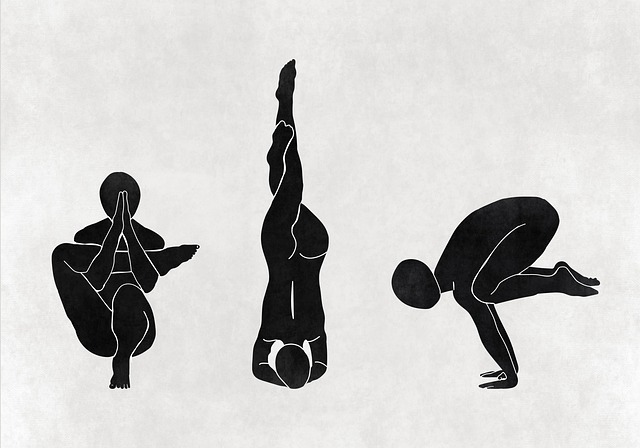Washington County advocacy groups play a crucial role in protecting individuals with mental health needs during civil commitment cases by navigating complex procedures and challenging systemic biases. They ensure fairness and equality through strategic collaborations between legal professionals, community groups, and mental health specialists, aiming to transform the system and amplify voices of marginalized communities.
In Washington County, civil commitment cases present unique challenges for individuals seeking fair treatment. This article delves into the intricacies of these cases, uncovering potential biases faced by those committed, often from marginalized communities. We explore effective advocacy strategies and emphasize the power of collaboration to drive equality. By understanding the dynamics at play, we aim to inspire Washington County advocacy for just and equitable outcomes in civil commitment proceedings.
- Understanding Civil Commitment Cases in Washington County
- Uncovering Bias: Challenges Faced by Committed Individuals
- Strategies for Effective Advocacy and Equality
- Building Alliances: Collaborating for Fair Treatment
Understanding Civil Commitment Cases in Washington County

In Washington County, civil commitment cases involve individuals whose mental health or behavioral issues necessitate a more structured environment than what is typically provided in the community. These cases are complex and often touch on sensitive subjects related to mental health, justice, and individual rights. Advocacy plays a crucial role in ensuring fair treatment for those involved, particularly as these proceedings can significantly impact an individual’s life, liberty, and overall well-being.
Understanding the nuances of civil commitment procedures is essential for advocates. In Washington County, this includes familiarizing themselves with local laws, regulations, and available resources. By actively engaging with legal professionals, community support groups, and mental health experts, advocates can provide informed guidance to those facing civil commitment, ensuring their rights are protected throughout the process.
Uncovering Bias: Challenges Faced by Committed Individuals

Uncovering bias in civil commitment cases is a significant challenge, especially for those advocating for fair treatment in Washington County. Individuals facing civil commitment often come from marginalized communities, and they may experience systemic barriers that impact their access to justice. This includes implicit biases held by legal professionals, which can influence decision-making processes. For instance, research indicates that certain demographics are disproportionately represented in civil commitments, suggesting underlying prejudices.
These challenges require vigilant Washington County advocacy to ensure equality before the law. Advocacy groups must be attuned to these biases, working tirelessly to challenge any form of discrimination. By raising awareness and implementing strategies to address these issues, they can help create a more just system that protects the rights of all individuals, regardless of their background or circumstances.
Strategies for Effective Advocacy and Equality

Advocacy in civil commitment cases requires a strategic approach to ensure fairness and equality for all involved. For Washington County advocacy, a multifaceted strategy is essential. First, legal professionals should stay updated on recent case law and changes in legislation related to civil commitment to provide informed arguments. This includes understanding the specific rights of individuals under commitment and how these may vary based on jurisdiction.
Additionally, building strong relationships with community organizations and support groups focused on mental health advocacy can amplify the impact of efforts. By collaborating and sharing resources, Washington County advocates can ensure that the voices of those affected are heard and that their needs are represented in court proceedings. This collective approach fosters a more equitable system, promoting understanding and compassion towards individuals facing civil commitment.
Building Alliances: Collaborating for Fair Treatment

In the pursuit of fair treatment in civil commitment cases, building alliances is a powerful strategy. Washington County advocacy groups play a pivotal role by fostering collaborations among diverse stakeholders—including legal professionals, mental health experts, community leaders, and individuals with lived experiences. These partnerships create a network dedicated to challenging systemic biases and advocating for equitable outcomes. By sharing resources, knowledge, and perspectives, they can effectively navigate the complexities of the legal system and ensure that everyone involved receives fair representation.
Collaborative efforts enable these groups to amplify their voices, raise awareness about disparities in civil commitment practices, and propose innovative solutions. Through joint initiatives, they can educate the public, influence policy changes, and promote community engagement. By joining forces, Washington County advocacy groups strengthen their capacity to advocate for individuals facing civil commitment, ultimately striving for a more just and inclusive system that respects the rights and dignity of all.
